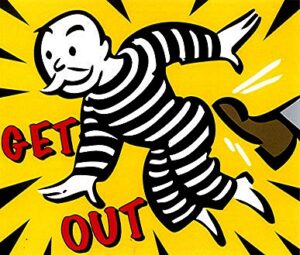 Executors of Deceased Substituted For the Deceased In Court Action
Executors of Deceased Substituted For the Deceased In Court Action
Dicken Mechanical Ltd v Nohels Group Inc 2012 BCSC 917 is a good example of the process that the Rules of Court have established to deal with the situation where one a party dies and how his or her executor can, in court actions that survive a death, be substituted as the litigation party in the place of the deceased.
The plaintiff had commenced a court action against the defendant limited company and a personal director for damages relating to contaminated soil.
The defendant personal director died after the commencement of the proceedings.
The real issue was whether or not the claim was one that survived death or not, as it is only actions that survive death that the rules allow for an executor to be substituted as a party for a deceased litigant.
The court ruled that claims under the Waste Management legislation do in fact survive death and allowed the deceased defendant’s executors to be joined in as substituted defendants for the deceased director.
Rule 6-2(1) of the Supreme Court Rules provides for a continuation of an action against a deceased person where the claim survives death.
With respect to the type of cases that survive death vs. those that do not, the court cited:
The maxim actio personalis moritur cum persona (“a personal right of action dies with
the person”: Black’s Law Dictionary, 6th Ed., p. 31) was discussed by Southin J.A. in McCulloch v. Green, [1995] B.C.J. No. 567, wherein she wrote at para.
… this maxim “is not applied in the old authorities to causes of actions on contracts, but to those in tort, which are founded on malfeasance or misfeasance to the person or property of another: which latter are annexed to the person, and die with the person, except where the remedy is given to (or by) the personal representatives by the statute law.” And the general rule of the common law was, that if an injury were done either to the person or to the property of another for which unliquidated damages only could be recovered in satisfaction, the action died with the person to whom, or by whom, the wrong was done …
For example, if a person is rear ended and suffers pain and suffering as well as wage loss, and dies before trial, the deceased’s claim for pain and suffering dies with him or her, but the executors may continue the claim for the lost wages.





